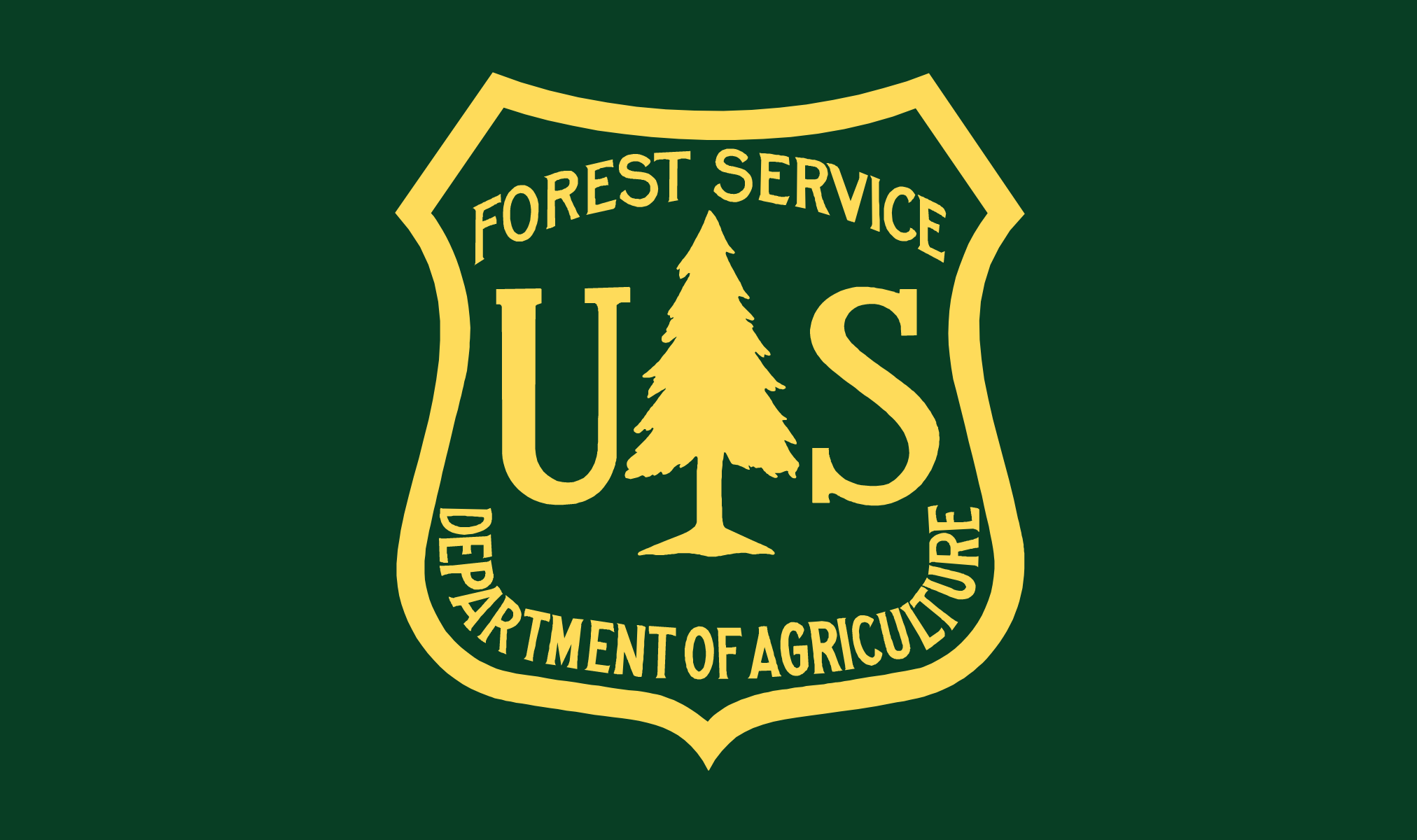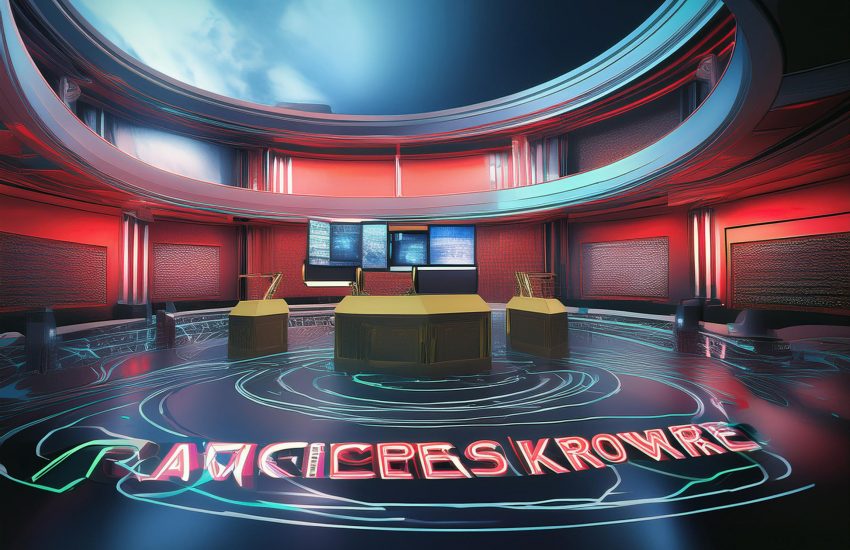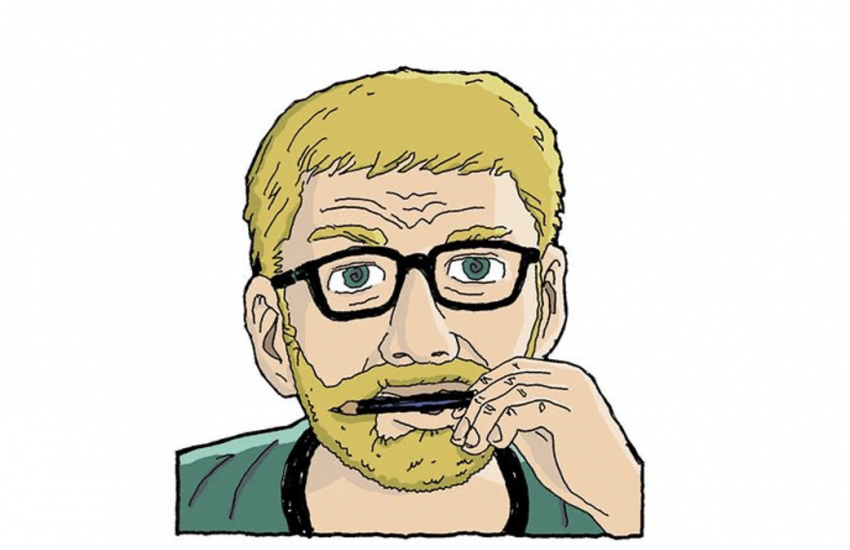Sexual assault in the U.S. Forest Service: How to interview a survivor
Living On Earth is a Boston-based weekly radio show and podcast from Public Radio International that focuses on the environment, ecology, and human health. During the Aug. 31 episode, Living On Earth host Steve Curwood interviewed Abby Bolt, a battalion chief in the U.S. Forest Service who said she had experienced bullying and harassment from her male colleagues. One man flicked cigarette ashes into her hair. Her backpack was filled with rocks and, sometimes, a dead animal. In 2012, she was raped by a firefighter in Colorado.
Even worse, she said, was that she received backlash after filing an Equal Employment Opportunity complaint in January 2015. The retaliation came in the form of threatening anonymous notes in her mailbox and lost job opportunities. Someone wrote the word “quit” in the dust on the back window of her car.
Storybench spoke with Curwood about the best way to interview survivors of harassment.
How did you come across this story?
Abby was a part of a number of people who had spoken out about the Forest Service. PBS NewsHour had done a little work on the story. And so we were hearing about this. And we got a number of names. And Abby Bolt’s name was among those and after talking to her, she seemed like the best candidate to put on the air. She had a pretty compelling story. She was still in the agency, although they had really sidelined her. She had litigation going.
As you know, in journalism, it’s very difficult to sue someone for libel if it’s in a judicial document. So we did our due diligence and looked around and it seemed like her story checked out pretty well. Obviously, if you run a story like this and you’re wrong, you’re going to spend a lot of money on lawyers.
What kinds of things did you do to check out her story and make sure it was reliable?
There are several techniques here. One thing is to listen very carefully and just see how the story holds together. Are people reasonably consistent? None of us are perfect, but are there gaps?
Why did you decide to tell the story in a Q and A format?
“You don’t want to push somebody through that again if it’s not necessary.”
As human beings, what do we do? We tell each other stories, right? You come home and you say ‘Oh my God, you won’t believe what they said at lunch today at the office.’ And that’s what we do. That’s how we relay. I wanted to make sure the listener could really listen for herself or himself and get a sense of Abby Bolt’s affect and who she is. The interview format is better for that.
Did you do any pre-interviews with Bolt?
We almost always do a pre-interview with somebody. A producer will talk to somebody and walk them through what we think the questions should be. Usually after that, if there’s something we don’t quite understand, we adapt. We make changes so that we can then ask more relevant questions. It’s a combination of fact-checking, getting all primed, and essential if you’re going to do a long interview like this. There are a couple of little things you don’t do in a pre-interview. If you think somebody’s going to cry, they’re probably only going to cry once. So you have to back off before they start to cry or go someplace really traumatic. You don’t want to push somebody through that again if it’s not necessary.
How did you make sure Bolt was comfortable coming forward publicly with her story?
Part of the research was that she was one of the people who was involved in litigation. She had also talked to a PBS reporter. We talked to a number of people and we talked to her. We talked to a number of people and we decided on her because she had a pretty clear story to tell and had clarity about it and she seemed like the best candidate. It seemed like a really important story to do. We were shocked this was going on. So when we had this opportunity, we had to jump on it.
- How ProPublica told the story of an improper clinical trial using a patient’s own words - December 14, 2018
- This is 18: A by women, for women project from The New York Times - November 5, 2018
- Sexual assault in the U.S. Forest Service: How to interview a survivor - October 16, 2018





